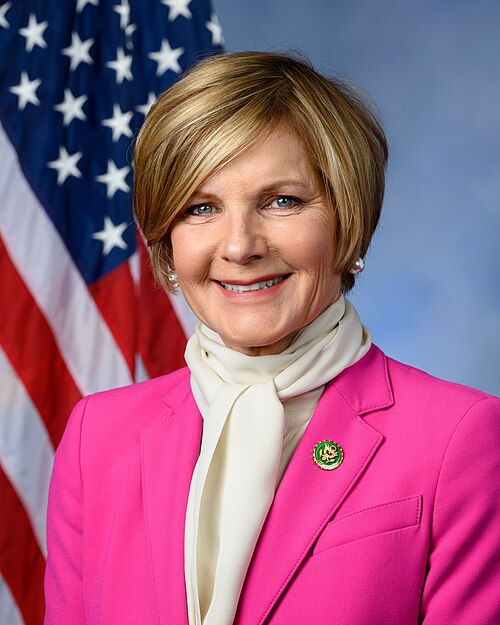S. 2536: Safeguarding American Tourism Act
This bill, known as the Safeguarding American Tourism Act, proposes changes to existing laws that regulate large cruise ships and their operations in U.S. waters. Here is an overview of the key components of the bill:
1. Exemptions for Large Cruise Ships
The bill seeks to exempt cruise ships that can carry 800 or more passengers from certain legal requirements that typically apply to passenger vessels in the United States. Specifically, it affects:
- Passenger Vessel Services Act (PVSA): The bill states that the PVSA's domestic requirements will not apply to large cruise ships with 800 or more passenger berths.
- Jones Act: Similarly, the requirements of the Jones Act, which governs maritime commerce and the transportation of goods or passengers between U.S. ports, will not apply to these larger vessels if they are engaged in transporting passengers within U.S. coastal areas, directly or via a foreign port.
2. Citizenship and Navy Reserve Requirements
The bill also addresses citizenship and Navy Reserve requirements. It amends the relevant regulations so that they do not apply to large cruise ships with 800 or more passenger berths engaged in coastwise trade.
3. Permits for Alien Crewmen
Another significant change proposed in the bill is regarding the temporary landing permits for foreign crew members working on these ships. The current process will be adjusted to streamline the entry of crew members by removing discretionary powers from officers who handle these requests, making it easier for foreign crew to land temporarily for work on the ships.
4. Clear Rule of Construction
The bill includes a provision that clarifies that its amendments do not exempt these large cruise vessels from any other applicable laws not explicitly mentioned in the bill. This serves to limit the scope of the exemptions to those stated in the amendments.
Potential Impacts
This legislation is aimed at easing regulations for larger cruise companies, potentially enhancing the tourism industry within the United States by allowing for more operational flexibility.
Relevant Companies
- CCL (Carnival Corporation): As one of the largest cruise companies, it may benefit from the regulatory relief that comes with these exemptions, possibly leading to increased operational efficiency and lower compliance costs.
- RCL (Royal Caribbean Group): Similar to Carnival, Royal Caribbean could see advantages from reduced regulatory burdens, potentially allowing for expanded service offerings and improved profitability.
- NCLH (Norwegian Cruise Line Holdings): This company may also be positively impacted as it will have more flexibility in navigating U.S. regulatory requirements for its large vessels.
This is an AI-generated summary of the bill text. There may be mistakes.
Sponsors
1 sponsor
Actions
2 actions
| Date | Action |
|---|---|
| Jul. 30, 2025 | Introduced in Senate |
| Jul. 30, 2025 | Read twice and referred to the Committee on Commerce, Science, and Transportation. |
Corporate Lobbying
0 companies lobbying
None found.
* Note that there can be significant delays in lobbying disclosures, and our data may be incomplete.











